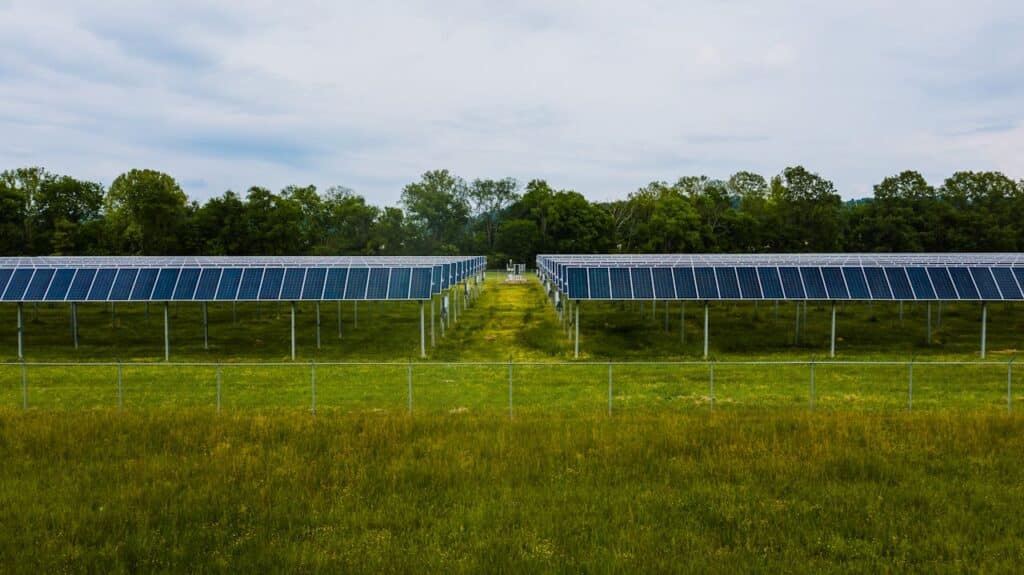The solar industry has experienced remarkable growth over the past decade, with an increasing number of businesses and households adopting solar energy as a sustainable alternative to fossil fuels.
However, with this growth comes a significant challenge: managing the waste generated by solar panels that have reached the end of their lifecycle. Addressing this challenge, solar panel recycling is emerging as a crucial solution, transforming how the industry handles its waste in the UK.
The Solar Panel Lifecycle Challenge
Solar panels typically have a lifespan of 25 to 30 years. As early adopters of solar technology begin to retire their old panels, the industry faces a substantial waste management issue.
Without effective recycling measures, these panels could end up in landfills, posing potential environmental hazards due to the materials they contain, such as cadmium, lead, and other heavy metals.
Innovative Approaches to Solar Panel Recycling
Several companies and initiatives in the UK are tackling this issue head-on with comprehensive recycling approaches. These entities ensure that retired solar panels are collected and processed in an environmentally friendly manner.
By employing advanced recycling techniques, they can recover up to 95% of the materials from old panels, turning waste into valuable resources.
Turning Waste into Valuable Resources
The recycling process involves several stages, including dismantling the panels, separating the materials, and processing them for reuse.
The glass, silicon, and metals recovered from the panels are reintroduced into the manufacturing cycle, reducing the need for virgin materials and decreasing the overall environmental impact of solar panel production.
Benefits for Businesses and the Environment
For businesses, engaging in solar panel recycling offers multiple benefits. Firstly, it helps companies comply with environmental regulations and avoid potential fines associated with improper disposal of solar panels.
Secondly, it enhances their corporate social responsibility (CSR) profile by demonstrating a commitment to sustainable practices.
From an environmental perspective, recycling solar panels reduces the strain on natural resources and minimises the ecological footprint of the solar industry.
By diverting waste from landfills and reintroducing materials into the production cycle, solar panel recycling plays a crucial role in promoting a circular economy.
Looking Ahead: The Future of Solar Panel Recycling
As the solar industry continues to expand, the importance of effective recycling solutions cannot be overstated. Innovations in recycling technology and increasing awareness about the significance of sustainable waste management are setting new benchmarks for the industry.
The focus is on ensuring that the growth of renewable energy is truly sustainable, encompassing not just energy production but also the responsible management of end-of-life solar panels.
With ongoing advancements and a commitment to sustainability, the solar industry in the UK is poised to lead by example. Solar panel recycling is transforming waste into resources, fostering a more circular and environmentally conscious approach to renewable energy. This not only helps businesses manage their waste responsibly but also contributes to a greener, more sustainable future for all.

